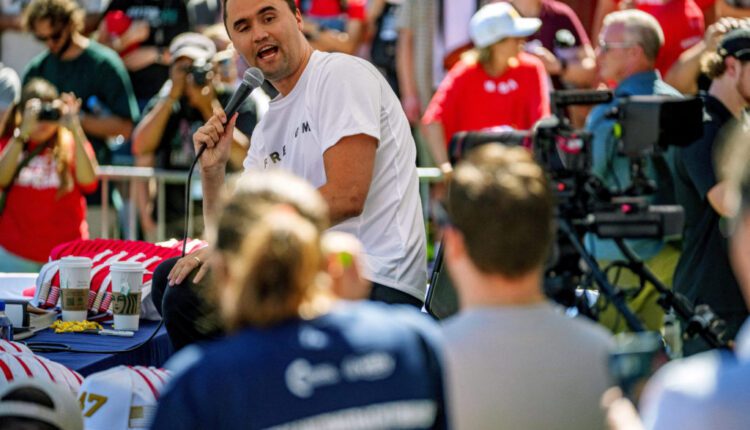
In the wake of conservative activist Charlie Kirk’s death, leaders from across the political spectrum are urging Americans to reject violence and embrace civility, marking a rare moment of bipartisan agreement at a time of deep national division.
Former President George W. Bush, Democratic Governor Wes Moore of Maryland, and a host of other officials issued statements condemning the killing and calling for unity. Bush said, “Members of other political parties are not our enemies; they are our fellow citizens,” urging Americans to purge “violence and vitriol” from the public square. Moore echoed that sentiment, calling political violence “unacceptable” and stressing that the nation must be defined not by its darkest moments but by its ability to “spread light in that darkness.”
Republican Senators Markwayne Mullin and Thom Tillis also struck notes of caution. Mullin emphasized the responsibility leaders carry in how they speak, saying words can fuel division and hostility. Tillis denounced commentators who seized on the tragedy to inflame partisan anger, calling their response “cheap, disgusting, [and] awful.”
The bipartisan chorus stands in sharp contrast to former President Donald Trump and some conservative figures, who declined to join in appeals for healing and instead rejected the unity message. Trump’s stance has underscored the widening gulf within the political right over how to respond to the killing and whether to lower the temperature in public life.
The responses reflect both the dangers of deepening polarization and the opportunities for common ground. While political leaders often spar over policy, their statements this week highlighted an area of rare agreement: that violence, regardless of ideology, is a threat to American democracy itself. Whether that shared conviction can translate into sustained action remains uncertain, but for now, leaders from both parties are urging the nation to take a step back from the brink.
